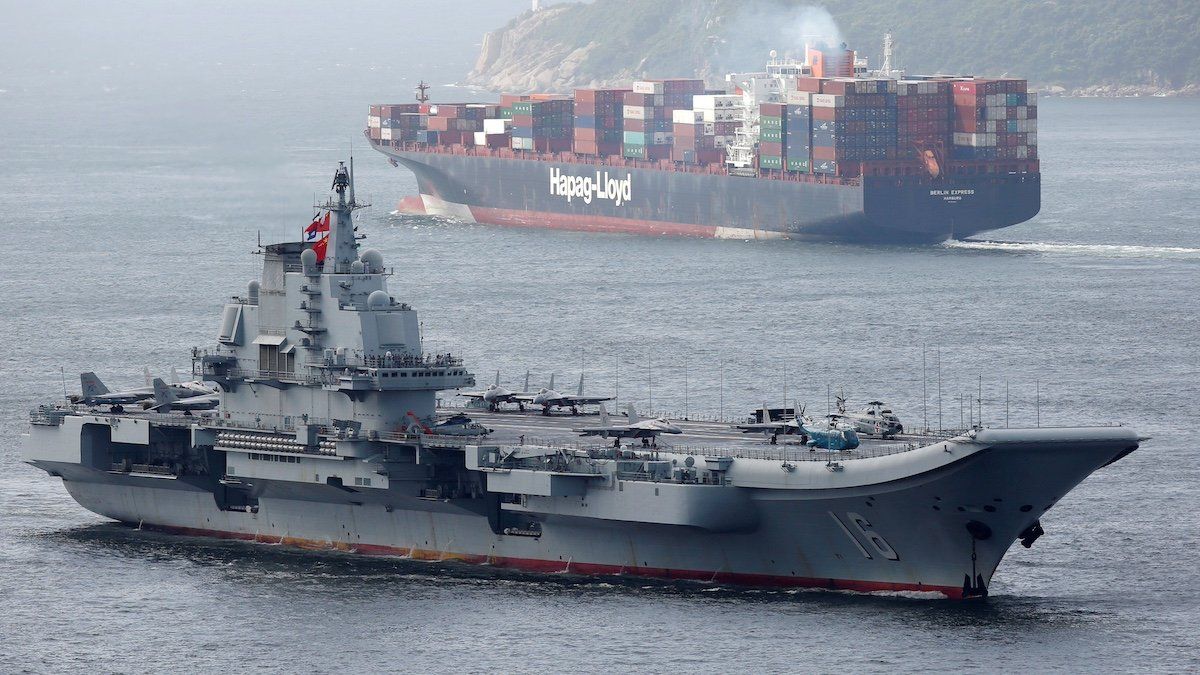Hard Numbers
October 13, 2024
125: China launched major military drills around Taiwan on Monday, including a single-day record of 125 aircraft, an aircraft carrier, and other naval assets, in response to Taiwanese President William Lai's National Day speech framing Taiwan as a separate country from China. In addition to the drills, Beijing is threatening to impose further economic sanctions on the island it considers a breakaway province.
69: Former Scottish First Minister Alex Salmonddied at age 69 on Saturday, shortly after giving a speech in North Macedonia. Salmond, who is believe to have succumbed to a massive heart attack, was a heavyweight in Edinburgh for three decades, having led the Scottish National Party to become a dominant force and pressed for independence after the reestablishment of the Scottish Parliament in 1999.
23: At least 23 Sudanese civilians died this weekend after armed forces struck a market in the capital Khartoum, where it recently launched an offensive to dislodge the rebel Rapid Support Forces. More than 25 million people — half of Sudan’s population — are in severe need of food and medicine as the ongoing civil war has no end in sight.
25-60: Ukrainian authorities have reportedly begun raiding bars and concert venues looking for men aged 25-60 who have not complied with conscription laws. Ukraine is facing a severe manpower shortage and is intensifying efforts to find and induct able-bodied soldiers to hold the line against Russia’s superior manpower reserves.More For You
Most Popular
With the US leading production and China driving new reactor development, Bank of America breaks down the who, what, where, when, and why behind nuclear’s return. Stay ahead of global energy trends with Bank of America Institute.
Chris, an Army veteran, started his Walmart journey over 25 years ago as an hourly associate. Today, he manages a Distribution Center and serves as a mentor, helping others navigate their own paths to success. At Walmart, associates have the opportunity to take advantage of the pathways, perks, and pay that come with the job — with or without a college degree. In fact, more than 75% of Walmart management started as hourly associates. Learn more about how over 130,000 associates were promoted into roles of greater responsibility and higher pay in FY25.
Last week, at the Munich Security Conference, a group of global technology providers, including Microsoft, announced the Trusted Tech Alliance — committed to shared, verifiable principles for trusted, transparent, and resilient technology across borders. At a moment of economic volatility and zero-sum technological competition, countries and customers are demanding greater accountability from technology providers. The Alliance addresses this by bringing together companies from across Africa, Asia, Europe, and North America around shared commitments: transparent governance, secure development practices, supply chain oversight, open digital ecosystem, and respect for the rule of law — ensuring the benefits of emerging technologies strengthen public trust while driving job creation and economic growth. Explore the Trusted Tech Alliance here.
© 2025 GZERO Media. All Rights Reserved | A Eurasia Group media company.
